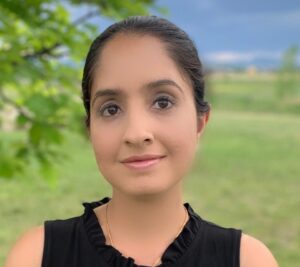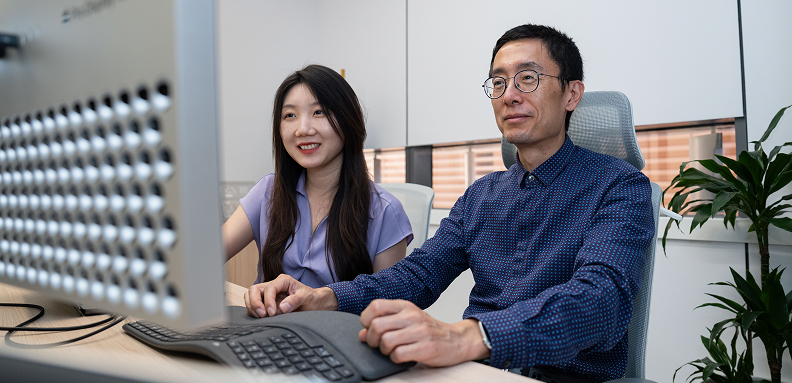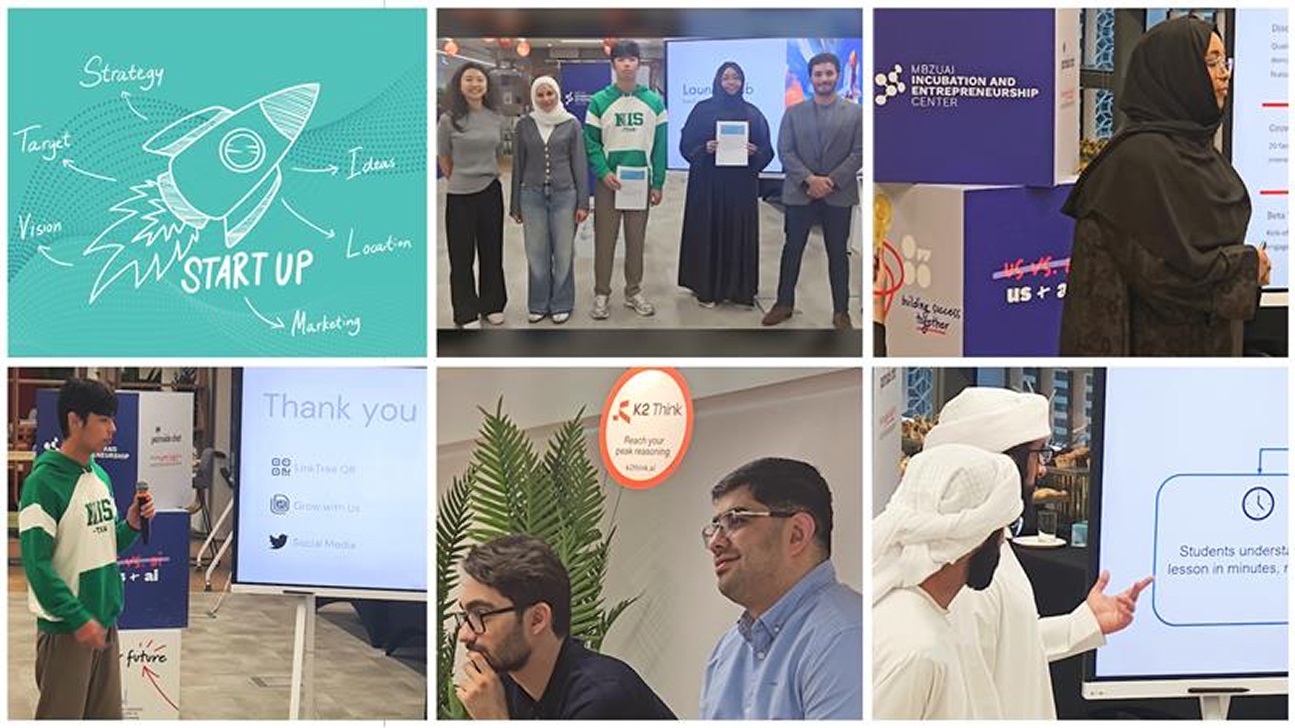Research to revenue: How academics can excel in business
Wednesday, August 28, 2024

Achieving tenure is the ultimate career goal for most academics, but for Dr Pooja Khosla, it was a career waypoint.
 Khosla, along with co-founders—serial entrepreneur Tom Stoner and Nobel Laureate climate scientist David Schimel—successfully raised seed and angel investment to launch Entelligent, a climate fintech startup. The now established investment analytics platform leverages big data and machine learning to help companies assess and manage their exposure to climate change risk while seizing opportunities in the energy transition.
Khosla, along with co-founders—serial entrepreneur Tom Stoner and Nobel Laureate climate scientist David Schimel—successfully raised seed and angel investment to launch Entelligent, a climate fintech startup. The now established investment analytics platform leverages big data and machine learning to help companies assess and manage their exposure to climate change risk while seizing opportunities in the energy transition.
A recent guest at Mohamed bin Zayed University of Artificial Intelligence (MBZUAI) Incubation and Entrepreneurship Center, Khosla told students that academics can thrive in business. Here is her advice for anyone thinking of making a similar career change.
Let data empower you
Scientists and academics can bring immense value to business because of their unique access to vast stores of information and diverse communities of analytical thinkers. As a new entrepreneur with a professor’s curiosity, Khosla understood the untapped potential of data and considered how global climate data in particular could be leveraged to the benefit of her emerging business.
She and her team at Entelligent dug in and quickly confirmed that generations of rich information had been left unutilized—excluded from investment decision making. A new analytical model was born. “Climates are constantly changing,” said Khosla, “I knew the standard metrics investors and bankers used to evaluate their portfolio strength or identify new opportunities were unreliable and that presented an opportunity.”
Drawing on her academic background, Khosla created a strategic advantage for Entelligent and was among the first to explore the power of machine learning and big data, translating theoretical knowledge into real-world application and advantage.
Turn research into reality
Khosla believes her mission isn’t just to identify problems but to drive change. Born in Jaipur, India, she experienced firsthand the harsh realities of intense summer heat and limited water access, even within her middle-class community—challenges that have only worsened with the climate crisis. “It made me hungry for change,” she says.
Her advice to others in similar situations is to turn their research into reality. “There’s nothing more rewarding than seeing your paper or patent come to life, being used for good. It fills you with pride,” she says.
Speed up and simplify
As scientists, “We aren’t afraid to dare,” says Khosla. “Whenever technology evolves, we have the ability to learn and drive change.”
Khosla believes that a key strength of any technology, including AI and Machine Learning, is its ability to speed up complex tasks and simplify solutions. Once she developed her climate model, the next challenge was to translate it into something that was accessible to others. She acknowledges that those with rigorous academic training often struggle to simplify their work, but believes, without this adaptation, it would have been much harder to secure funding.
Listen up
“Scientists need to step out of their labs and start engaging with clients,” Khosla advises. Sometimes that means compromising. “Initially, as a scientist, I disliked this,” she admits. “But meet them where they are, then show them something better. Once they see their needs addressed, they’ll listen to you—because you’ve listened to them.”
Related
Not just another deck: how MBZUAI’s okkslides is redefining executive communication
The MBZUAI startup is turning messy research and organizational context into decision-ready narratives with a human-in-the-loop AI.....
Read MoreWhen AI learns to listen: how researchers are decoding baby cries to help new parents
An AI-powered app trained on more than 1,000 baby cries aims to reduce stress for new parents.....
- IEC ,
- incubation and entrepreneurship center ,
- AI for good ,
- human-centered AI ,
- startup ,
- entrepreneurship ,
MBZUAI's Launch Lab equips alumni and students with practical startup tools
The six-week pilot program brought alumni and students together to turn early startup ideas into tangible ventures.
- launch lab ,
- alumni relations ,
- startups ,
- alumni ,
- entrepreneurship ,


